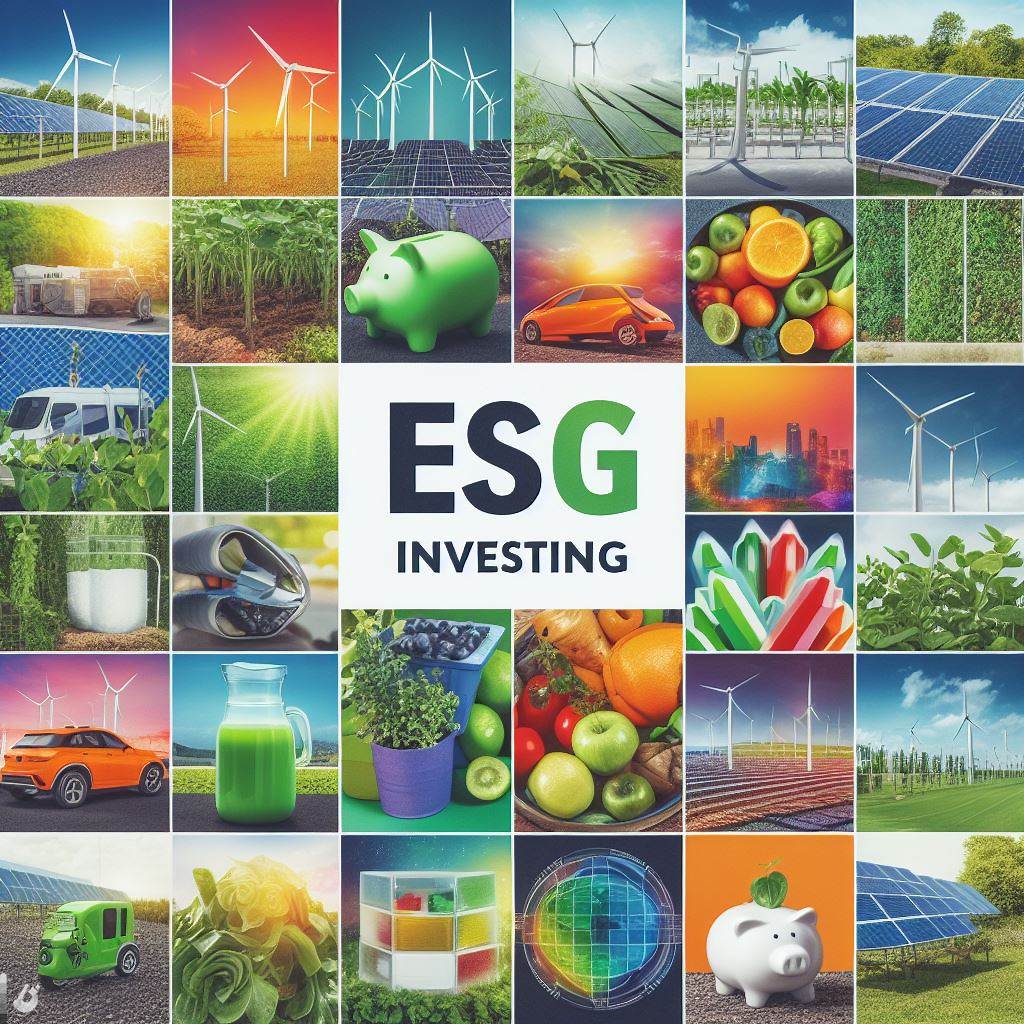ESG Investing: Why It Matters More Than Ever

In the dynamic landscape of modern finance, Environmental, Social, and Governance (ESG) investing has transcended its niche status, becoming a pivotal force shaping investment strategies. This article explores the growing importance of ESG investing and the compelling reasons behind its widespread adoption in the financial world.
Rising Global Challenges
ESG investing has gained prominence in response to escalating global challenges such as climate change, social inequality, and corporate governance scandals. Investors are recognizing that these issues not only impact the world but also pose tangible risks to their investment portfolios.
Long-Term Sustainability
Unlike traditional investment approaches, ESG investing is anchored in the concept of long-term sustainability. Companies that prioritize environmental responsibility, social equity, and robust governance structures are better equipped to navigate the evolving business landscape and deliver sustained value to shareholders.
Changing Investor Preferences
The preferences of investors are evolving, with a growing number expressing a desire to align their investments with their values. ESG criteria offer a framework for investors to support businesses that demonstrate a commitment to positive societal and environmental outcomes.
Regulatory Landscape
Governments and regulatory bodies worldwide are increasingly emphasizing ESG considerations, reinforcing the importance of responsible business practices. Investors who integrate ESG factors into their decision-making processes are better positioned to navigate regulatory changes and associated risks.
Financial Outperformance
Research indicates a potential correlation between strong ESG performance and financial outperformance. Companies that effectively manage ESG risks and opportunities may be more resilient in the face of economic uncertainties, providing investors with a potential competitive advantage.
Stakeholder Expectations
ESG investing recognizes that companies have a broader responsibility to stakeholders beyond shareholders. This includes employees, customers, and the communities in which they operate. Aligning with ESG principles signals a commitment to responsible corporate citizenship.
ESG investing has transcended its origins to become a cornerstone of modern investment strategies. As global challenges intensify and investor preferences shift, the importance of considering environmental, social, and governance factors in investment decisions is more pronounced than ever. The subsequent articles will delve into practical considerations when investing in ESG, potential risks, and recommendations for specific ESG investments.






